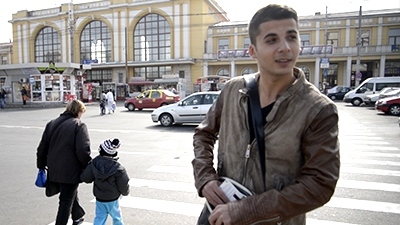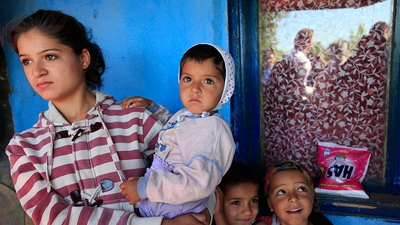Challenge
Aggravated by the economic crisis, the Romanian economy faced serious challenges in attaining the productivity and growth targets set out in Europe 2020. In 2012, for example, only 64 percent of 20–64 year olds were employed (compared to Romanian and EU targets of 70 and 75 percent, respectively), while investments in research and development (0.5 percent in 2011) have lagged considerably behind the EU’s target of 3 percent of GDP. Of particular concern have been skills shortages stemming from the inadequate provision of the generic and technical skills necessary for a competitive economy, as demonstrated by persistently high unemployment rates for youth, women, and older workers. In addition to these obstacles, there was evidence that both the tax and social benefits system and labor regulations were not responsive to groups with looser labor market attachments, like women and ethnic minorities, who faced monetary disincentives to work and legislative barriers to employment.
Solution
Building on previous World Bank engagement and leveraging its role in knowledge production and dissemination, the “Europe 2020 Romania” report examines the challenges faced by the Romanian government in the areas of employment, productivity, and the quality of labor skills, in order to map out the steps needed to attain the Europe 2020 targets. Focusing on job creation as a driver of economic growth and development—in line with the 2013 World Development Report—as well as on education and labor skills, the report puts forward a series of evidence-based recommendations to stimulate the improvements in living standards, productivity, and social cohesion that are central to realizing the Europe 2020 goals. Its success demonstrates the potential of both (i) adopting an innovative, supply-driven approach, which can help generate strong client engagement, and (ii) ensuring that the process is inclusive, involving key stakeholders such as the EC, line ministries, and others during its early stages.




